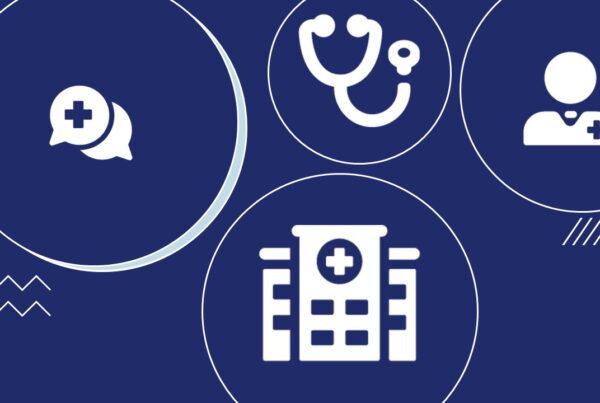Physician burnout is a real thing. Tough conversations, public health crisis, patients lacking insurance – it’s no wonder so many health care providers feel totally and completely exhausted by their chosen profession.
Earlier this week the U.S. Department of Health and Human Services revealed a new plan for combating clinician burnout. The report, “Strategy on Reducing Regulatory and Administrative Burden Relating to the Use of Health IT and EHRs” puts forth recommended changes that the agency and its partners hope will reduce the burden of burnout.
The report offers three primary mechanisms for improving the provider-EHR experience that for many, contributes to the experience of burnout. Note these mostly apply to an IT vendor:
- Make EHRs easy to use and less time consuming within the patient encounter
- Reduce the effort and time required to meet regulatory requirements
- Improve the functionality and intuitiveness (ease of use) of EHRs
According to Dr. Don Rucker, the current National Coordinator for Health IT, “The strategy we are releasing today takes a hard look at ways that the federal government and stakeholders can work together to reduce the administrative and technological burdens experienced by healthcare providers.” He added that, “Patients will benefit from these efforts because their physicians will spend more time focused on them instead of their keyboards.”
At medaptus we couldn’t agree more – it is time to make EHRs more usable and less obstructive. Our approach to EHR optimization lays in two distinct areas – medical floor rostering (workload balancing) and revenue cycle integrity (for professional medical charges and infusion charges). Our approach has always been EHR-agnostic – we can work with any clinical system of record and improve throughput thanks to a robust rules engine that can handle virtually any workflow scenario. Our solutions each integrate with a group or hospital’s clinical system behind the scenes. Our approach to removing workflow barriers means that IT leaders can continue to invest in their systems of choice as we are leveraging existing data flows.
Our role as a clinical-system adjunct and maintaining our ease of integration is how we are helping the provider community – by building in a way that doesn’t touch a provider’s workflow but yields benefit their way.
Get the latest updates and news delivered to your inbox.
Subscribe to our newsletter today.





